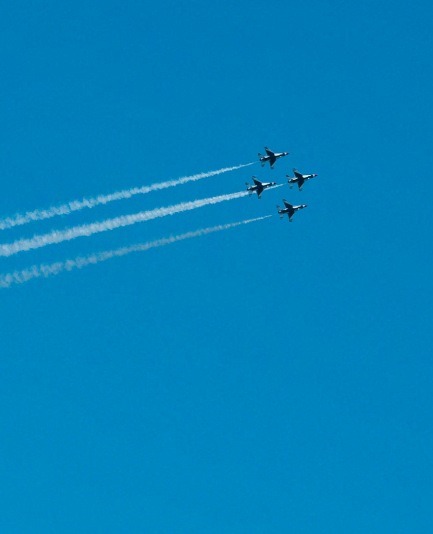[FR] Trump, NATO and European defence

Here we are. The EU is now up and running with its 27 commissioners approved by the European Parliament. The future US administration is not yet, but since Donald Trump’s choice of future officials is specifically aimed at destroying the culture of the US administration, we can say that everything is in order: on the one hand, solid European institutions, and on the other, chaos in the service of Donald Trump.
One of the questions raised by this strange American team concerns the future vitality of NATO. For Europeans, this is an existential question. For Trump, it is essentially a bargaining chip that could prove to be ‘lucrative’. Four new conditions could be imposed on Europeans: increasing national defence budgets to 4% of GDP; changing the distribution key for NATO’s civil and military expenditure, significantly increasing the European share; obtaining a commitment from allies to purchase up to 90% of their armaments from American industries in the sector; ensuring that NATO has the authority, without changing the Treaty, to follow the United States against China if the need arises.
How will Europeans react? Between outright acceptance of these conditions, renegotiation of certain aspects, and the invention of possible counter-proposals, the major risk is that of division: some states have no defence industry, others are already convinced of the priority of the Indo-Pacific, others have already moved to 4% national defence, and others will argue that there is no choice but to accept everything given the Russian threat. There is therefore an urgent need for a ‘special European defence summit’ to be convened by the new President of the European Council and Poland, with the President of the Commission and the relevant Commissioners: there is no point in waiting until 20 January 2025 to try to define common European positions on this major issue. Nor is there any point in waiting for NATO to plan such a meeting: Europeans must arrive with a strong common position vis-à-vis the new US administration.
This is all the more urgent given that the NATO issue directly affects that of European defence. Three scenarios already seem to be emerging:
- All NATO, in other words, accepting all US conditions in order to maintain the Alliance’s credibility. This decision would put an end to European efforts, undertaken since 2022, to establish a common defence policy and a solid defence industrial base.
- NATO and scattered bilateral agreements: panic over the deterioration of the EU’s strategic situation, between an unpredictable Trump and a resurgent Russia, could lead to a kind of race among Europeans to curry favour with Washington. Some will attempt to sign bilateral defence agreements. There is no indication that this strategy would bring new American guarantees, but it could put a lasting brake on intra-European solidarity in this area. It is not incompatible with the first scenario.
- NATO and the Union. Articulating an Alliance in a state of uncertainty and a European Defence in the process of consolidation is undoubtedly the best possible formula. It is also the most difficult, as there are many risks of misunderstanding: the Americans may take advantage of the Europeans’ increased efforts to disengage even further; the Europeans may refuse to go too far in creating a genuine defence system for fear that the Americans will use it as an argument for disengagement. The only option is to build this European autonomy in close cooperation with Washington.
Curiously, the Ukrainian question has little influence on the NATO question. It seems almost certain that the United States will not agree to integrate Ukraine into NATO, with the debate focusing instead on the security guarantees that this country could be given: by whom? How? To what extent? etc. On the other hand, the war in Ukraine is fundamental to the future of the Union and its strategic credibility. This war has just entered a particularly dangerous phase: are we witnessing an escalation before the start of diplomatic negotiations? Or is it simply an escalation? Caught between Trump and Putin, two heads of state who are, to say the least, not very rational, Europeans would do well to keep their fingers crossed. It is precisely because they can do nothing else at this stage, because their fate and the possibility of all-out war in Europe are being decided above their heads, that the need for a political revolution in the EU, in favour of greater strategic autonomy and influence, remains more relevant than ever.




